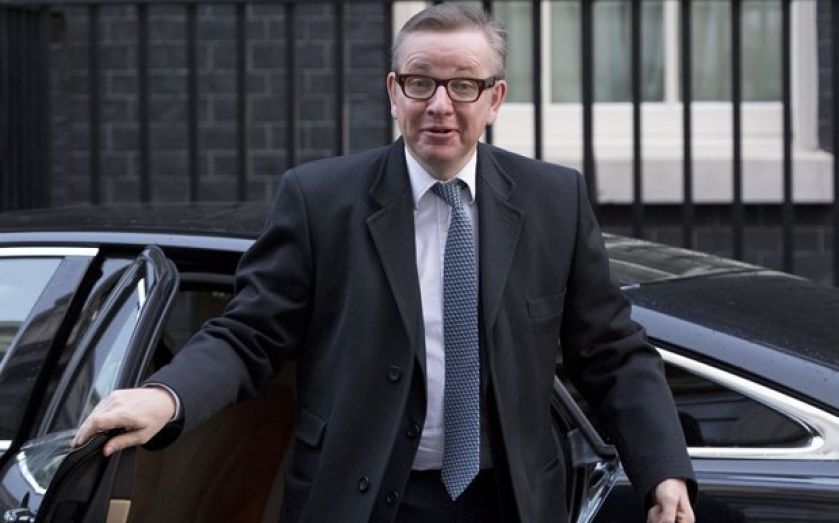It’s time we put some X Factor into financial education in schools

I DO not often cross paths with Gary Barlow, Nicole Scherzinger or Sharon Osbourne. I am told we move in different circles. This seemingly unusual point was brought home to me by new research showing that an 8 to 15-year old was twice as likely to be able to identify an X Factor judge as could explain how a current account works. Clearly celebrities bankers are not, but having knowledge of how money works is something we should all celebrate.
According to a study published last week, four fifths of 8 to 15-year olds have bought something online. Gone are the days when the only financial decision a 10-year old had to make was whether to spend their pocket money on sweets or a magazine at the newsagents. The internet has brought the global market to their living rooms and they can now spend without their parents’ knowledge or supervision.
Children increasingly lack the necessary preparation for the changing demands that such advances bring with them. While over two thirds of 8 to 15-year olds have a bank account, a quarter of these could not explain how any banking service worked. Many of these services are not immediate concerns for school children, but for thousands of 18 and 19-year olds, September marks the start of university, where taking out a student account with an overdraft facility is one of the first things you do. Only one in ten 8 to 15-year olds understood overdrafts.
Like most campaigners, we welcomed Michael Gove’s announcement that financial education will be included in the National Curriculum for secondary schools from 2014. Pupils will learn about different types of banking services and how to make informed decisions about managing their money. But my fear is that we are teaching children about money too late and schools are not adequately preparing young people, whether they are starting university, apprenticeships or their first jobs, for the real choices they will need to make once they leave.
Poor financial decision-making is not what tougher parents would call a “good mistake”, one that makes you stronger. It can lead to indebtedness and cause lasting damage. Someone is declared bankrupt every five minutes. No want wants it to be their child. If left uncultivated, individual mistakes can aggregate, and even have a negative impact on the long-term stability of an economy. That is not just my opinion; it was the main conclusion from a study by the OECD, presented to the G20 leaders in Saint Petersburg last week.
Bringing formal financial education to teenagers is a vast improvement on the status quo. But as our research suggests, it is at primary school, not secondary school, when the majority of children make their first foray into financial concerns. Millions are also being educated at free schools or academies, where the national curriculum change will not apply.
So while the X Factor judges continue their search for pop music’s next big thing, the British Bankers’ Association and pfeg (Personal Finance Education Group) will be at all three party conferences, making the case for teaching children about money matters. Because money matters.
Anthony Browne is chief executive of the British Bankers’ Association.